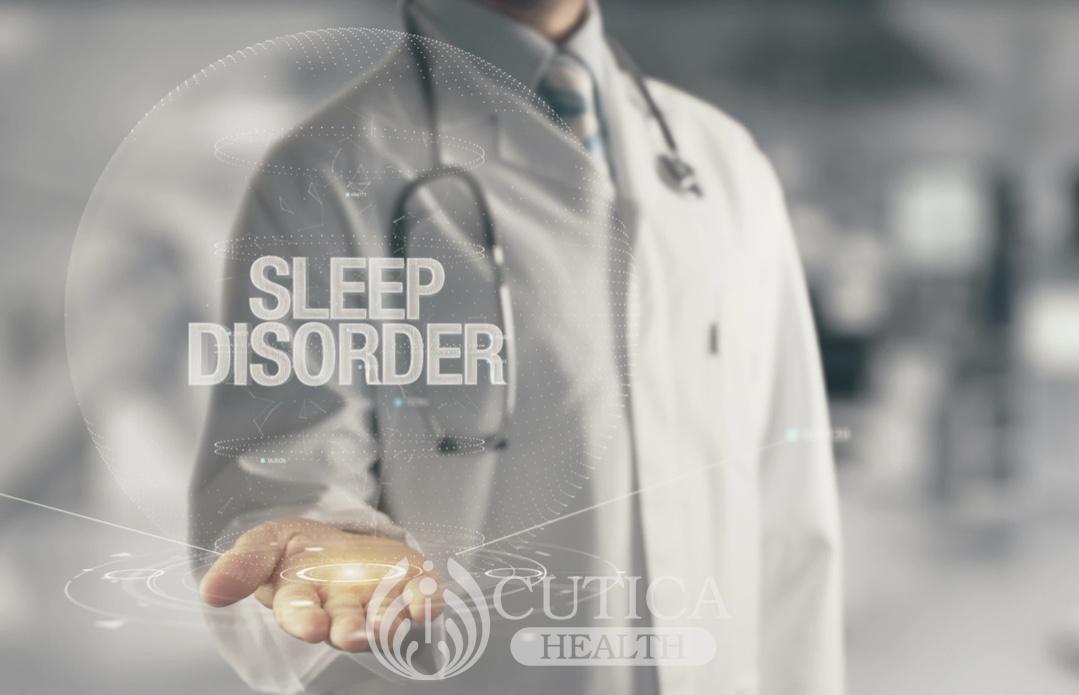
Mental health disorders na one of the top 10 causes of disability worldwide. For 2019, the World Health Organization (WHO) talk say 1 in every 8 persons they live with mental health disorder. This one mean say person when you know (relatives, co-workers, or friends) fit they dealing with one mental health challenge or another. Mental disorders they impact all aspects of living.
Some symptoms of mental disorders they familiar. If them ask you say make you list few symptoms, you fit mention too much crying, deep feelings of sadness, too much sleep or no sleep at all, poor judgement, or difficulty concentrating, and you go they correct.
Cognition na one dimension of mental health when they affect people with mental health challenges, but most times them they miss this important connection . Cognition they refer to the mental process when they allow humans to acquire knowledge through senses and experiences.
Cognition includes mental processes like memory, decision-making, reasoning, attention, planning, language, comprehension, visuospatial function, judgement, and perception.
When any aspect of cognition they affected or nor they work well in any way, it is called a shortage .
Difficulty to learn new things, trouble to remember information, and speech difficulties all na forms of cognitive shortage . Cognitive shortage they sometimes show in the two most common mental health disorders, anxiety, and depression. And the manifestation fit not too show.
Make we consider teenage student when they find am difficult to pay attention for class or remember wetin em learn that day. Shey this one fit they due to unrecognized depression?
What about the employee when prepare for weeks to present for board meeting only to forget the punchline and faint for D-day? Shey this one fit be due to situational anxiety?
The answer to the two na yes. For another scenario, the link between mental health and cognitive shortage they easier to identify, like for person when they addicted to"hard drug"
like cocaine or prescription medication like Tramadol.
Post-traumatic stress disorder (PTSD), schizophrenia, and autism spectrum disorders na examples of other mental health conditions when they affect cognition.
Cognitive shortage need to they managed nor be just only to improve the quality of life and the functionality of affected persons, but also because of the huge social and economic costs if e nor they corrected.
Lost productivity from depression and anxiety alone don they estimated to cost the global economy about $1 trillion every year!
Significant proportion of the economic loss na due to cognitive loss when that affect job performance, decision-making, and so on.
Unfortunately, less than 5% of governments' budgets for health they go mental health.
On their own, cognitive loss/shortage nor be disorders or illness. Na indication of underlying mental or physical health condition.
The first step to manage am na to recognize say loss or shortage they , but this one nor they as easy as e sound. People with mental health conditions fit nor recognize am, so e they important to be your brother's keeper If you notice something they off with person you know, talk nor keep quiet.
health professional fit help identify the affected areas of cognition plus any other underlying conditions wen fit they responsible for these loss. Assessment also go help to provide baseline when them go take monitor cognitive functioning changes .
Na many proven management strategies they to improve cognitive loss for mental health patients. These strategies fit be pharmacological, psychological, or lifestyle-focused.
Pharmacological management of cognitive loss fit involve the use of medication like anti-psychotics, mood stabilizers, stimulants, and antidepressants to treat the mental health condition when they cause the loss like anxiety, schizophrenia, ADHD (attention deficit hyperactivity disorder), and depression. Stimulants fit improve attention while anti-psychotics fit reduce how delusions and hallucinations strong .
The different forms of psychotherapy get big names like cognitive behavioural therapy
(CBT), psychocducation, and cognitive remediation therapy.
Them They delivered by professionals with special training. The key focus na to identify unhelpful behaviours and thought patterns and to replace them with positive and helpful thought patterns and behaviours.
Cognitive remediation therapy they restore and improve cognitive functions through many techniques like repetition, role-play, modelling and activities like word searches, puzzles.
Psychoeducation they provide the person and/or caregivers with adequate information about the disorder , and how best to handle am .
No one-size-fits-all management fit
manage them treatment because cognitive loss they complex and fit result from many different factors.
Treatment strategy fit involve more than one method.
Cognitive loss fit they mild, moderate, or severe. For instance, memory issues fit range from difficulty to remember names to make the person nor fit recognize em loved ones.
Some people with cognitive loss fit benefit from occupational therapy.
Occupational therapy they concerned with how to equip person with basic daily skills like how to clean , eat by em self , brush and wash up while e go they improve cognitive functions like problem solving.
Daily habits they shape our lives. Wetin we eat, how often we exercise, the hobbies we like to they do, and the quality of sleep we get all of them get powerful effects. Similarly, the day-to-day experiences and cognition of person when they live with mental health disorders fit they improved through key lifestyle changes.
Regular exercise they increase blood flow to the brain and they help to improve problem-solving ability, attention, and memory.
Diet when they based on whole grains, vegetables, fruits, olive oil, beans, nuts with moderate servings of dairy products, poultry, and fish fit protect against cognitive loss.
Mental stimulation also they essential for optimal cognitive health.
Puzzles, reading, writing, playing music, partaking in active conversations, and to play card/board games na activities when they mentally engaging.
In summary...
Cognitive loss sometimes they show say person get underlying mental health disorder. The loss they range from the one when be say you go barely notice am to the one when go affect the person ability to do basic, everyday functions. Management programs suppose follow the way to fit every person unique profile so that them go fit to help them live the best version of their life.












